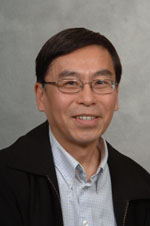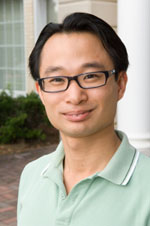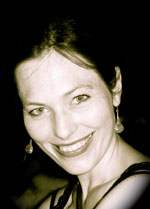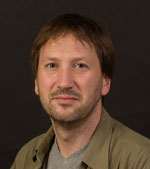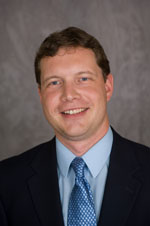Berry Launches Landmark Research on Science and Engineering Ethics

Last month, Public Policy Associate Professor Roberta Berry launched an ambitious three-year research initiative funded by the National Science Foundation (NSF). The first grant of its kind for Georgia Tech, the project focuses on ethics in science and engineering and an imperative that is fundamental to the Institute’s vision: educating scientists and engineers to understand the ethical implications of their work and help society address them.
The hypothesis Berry and her fellow researchers presented to NSF involves engaging graduate science and engineering students around an ethically fraught policy problem with fellow learners who are ethnically diverse, from different disciplines, and with different worldviews. Can they come to understand the problem from multiple perspectives and agree on policy recommendations?
“The students will be engaged in problem-solving mode,” says Berry. “We have drawn on research in contextualized ethics, cognitive science, problem-based learning, law, and policy to generate our hypothesis about the problem-solving skills future scientists and engineers will need and how they can develop them.”
The experimental courses will enroll Georgia Tech bioengineering graduate students with IAC public policy grad students, law students from Georgia State, ethics, religion, and bioscience students from Emory, and bioscience students from Morehouse School of Medicine. The assigned issues will be controversial and difficult, such as those surrounding the genetic engineering of human beings or the use of neuroimaging “lie detector” technologies in the courtroom.
Berry has found that science and engineering students want to engage the ethical issues posed by their work —they are curious about them and eager to find ways to cope with them. NSF and Berry want to ensure that today’s scientists and engineers are educated to be part of the solution, going beyond “what can we do” to “what should we do.”



